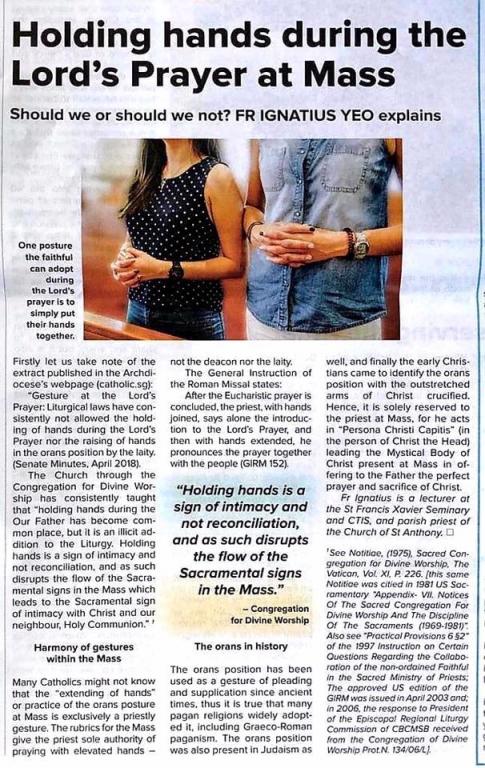One of the more interesting traditions, which had been abandoned but seems to have had a revival of sorts in some regions of the world, is the concept of the boy-bishop. It was, in its way, a subversive tradition, because it elevated a boy and made him like a bishop (in as much as was possible), while it made those who were in authority his underlings (in theory, teaching them humility). The Old Catholic Encyclopedia had this to say about them:
The custom of electing a boy-bishop on the feast of St. Nicholas dates from very early times, and was in vogue in most Catholic countries, but chiefly in England, where it prevailed certainly in all the larger monastic and scholastic establishments, and also in many country parishes besides, with the full approbation of authority, ecclesiastical and civil. The boy-bishop was chosen from among the children of the monastery school, the cathedral choir, or pupils of the grammar-school. Elected on St. Nicholas’s day (6 December), he was dressed in pontifical vestments and, followed by his companions in priest’s robes, went in procession round the parish, blessing the people. He then took possession of the church, where he presided at all the ceremonies and offices until Holy Innocents’ day (28 December). At Salisbury he is said to have had the power of disposing of any benefices that fell vacant during his reign, and if he died in office the funeral honours of a bishop were granted to him. A monument to such a boy-prelate still exists there, though its genuineness has been questioned, and at Lulworth Castle another is preserved, which came from Bindon Abbey. The custom was abolished by Henry VIII in 1512, restored by Queen Mary and again abolished by Elizabeth, though here and there it lingered on for some time longer. On the Continent it was suppressed by the Council of Basle in 1431, but was revived in some places from time to time, even as late as the eighteenth century.
I cannot but wonder what many, who are looking left and right for liturgical abuses (and finding it where it is not to be found, such as in the Papal Mass in DC), would have thought about this tradition, or how they would treat it if they found it revived today. Would they have sided with Henry VIII and think that because the boys did not have orders, it could be said his giving a homily was a liturgical abuse? Yet, the real situation I think is different. It is not a liturgical abuse when there is a dispensation given by one of legitimate authority to do something which is not intrinsically illicit. Thus, while the canons do not allow a non-ordained speaker to ordinarily give a homily, the fact that this was not always the case indicates that such discipline can be dispensed with. It is not an insult to the liturgy, but it is an indication and understanding of the liturgy in a deeper, non-legalistic sense, a sense which we find existing in the Church for centuries. The Church knew celebration can be and should be a celebration. Of course, in doing so, there were also times when sobriety was needed. It is not an either or, but a both and, requiring an understanding of the law and not just the law itself.
If we can understand this, than many other aspects and debates over liturgical celebration and the claims of “liturgical abuse” would be easily overcome. Yes, there can be liturgical abuse, but its requirements are not so lax that anything different from our expectation is such an abuse. After all, Pope Benedict presided at a liturgy in DC which many who were not there said was “filled with liturgical abuse.” Really? Pope Benedict approved of liturgical abuse? Perhaps the abuse is the legalism which ignores communio, which ignores love which is meant to take place in the reception of Christ; how can there be eucharist if there is no celebration? It is this which needs to be acknowledged. Just as the sabbath was made for us, so also Christ’s giving of himself in the eucharist is done for us. We must not forget this. Being legalistic ignores the celebration, ignores the eucharist. Can’t we get rid of our spirit of judgment just once? Can’t we be open to the holiness of communion just once, instead of trying to make sure everything ticks into how we think the playbook should be followed? Why do some people call such celebrations as being “an unholy mass?” How can Christ be unholy? If you are trying to protect the dignity of the eucharist, calling it holy should be a start.












